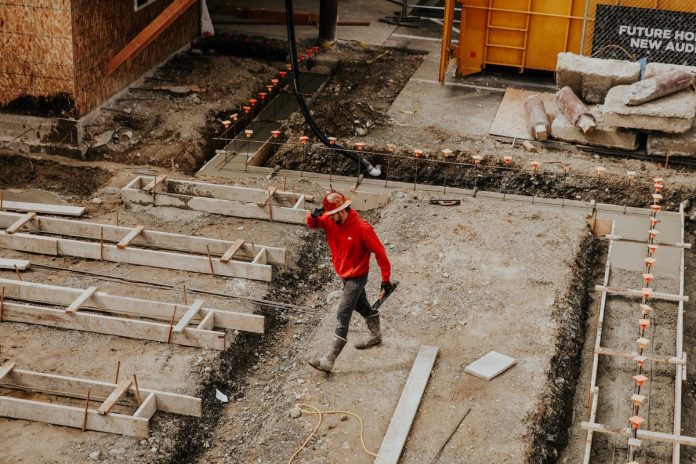Want to Build Your Own Home? Here’s What You Need to Do
Whether you’re ready to move from renting to owning your own home, or you’re a current homeowner and have outgrown your current residence, building your own house can be an exciting adventure. It’s the chance to completely customize your living spaces, from a walk-in closet to the perfect kitchen.
There are two routes to building your house: doing the work yourself or hiring a slew of designers and contractors. As with most things, doing it yourself provides excellent learning opportunities and can cost far less. Below are steps to remember when embarking on this adventure.
1. Research
This is something that can’t be said enough. When you’re looking to build your own house, whether it’s a trending tiny house or a more traditional home with a lot of square footage, there will be a lot that you don’t know.
Look at trends and new materials that can make your job easier. You also will need to look at the land where the new house will be, as well as how everything will come together.

2. Budget
When getting ready to build your own house, the most important thing to realize is that it can be expensive, and little things will add up quickly. Be sure that you design a budget and stick to it.
Whether this involves money that you’ll need to borrow from a financial institution or the funding is coming out of your pocket, you will want to make sure that everything is accounted for. Within this budget, you should also allow for mistakes. Be prepared for things to break, delays in construction, or other miscellaneous items.
If you’re prepared with both the mindset and the financials for things to go awry, it will be less stressful if things do happen. You might even have extra money in the budget at the end for possible upgrades.
3. Plan
Getting to build your own home from scratch is an incredible experience, but you have to make sure that you plan beyond the final touches. Far before any paint, flooring or decorations come in, the floor plan and things such as plumbing and wiring will have to be planned out.
It may be helpful to talk to experienced contractors who have built many houses for advice on things to double check, or what they would’ve done differently.Many homes are lacking in storage space, such as for linens or cleaning supplies. Baths and kitchens are often redone to be more efficient. You also can take a walk through a newly finished house and note the things that you like and dislike.
Planning ahead for structural issues and spending the money to do them right the first time around will save a great deal of time and money later. Also, keep in mind that it is never too early to plan. A project like a new house can take months to execute.

4. Get your license
When you’re ready and wish to get a contractor’s license, make sure you look at what kind of licensing you need for your area. Whether you choose to get licensing or hire people for the respective areas of the home building that require licensing, make sure you know what kind of license you need, and the process to obtain it.
Licensing requirements are different between states. Contractor’s licenses are typically separated by class, with specialties within each class. Often, a general contractor’s license will suffice for many of the things you’ll need to do in building your own home. It typically covers providing all the material, labor, equipment, and services that are necessary for the project.
Make sure to double check for local code requirements and regulations. When it comes time for the house to pass inspection, you don’t want something as simple as a licensing issue to cause it not to pass.
Building a house is a process, and an adventure full of opportunities for the perfect home and learning how to build it. Thorough research and planning will help what can often be a stressful experience be a more enjoyable one.
Thank you for reading this article!


